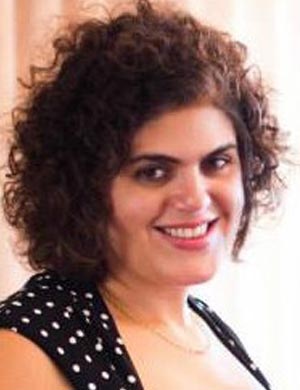
Soha Turfler*
Abstract:
The Plain Language movement wants to save us from the tyranny of legalese. The movement argues that plain style offers a solution, effectively freeing legal texts with specific language features. But, beneath its lessons, the Plain Language movement perpetuates its own myths. This article examines the ideologies of the Plain Language movement under sociolinguistic theories, arguing that these ideologies perpetuate three harmful myths about language use—prescriptivism, standardness, and moral superiority—that challenge the movement’s very aims and ideals. Plain style is neither linguistically, politically, nor morally superior. A singular style cannot free legal discourse from tyranny; if anything, it merely alters the composition of tyrants. This article therefore encourages all users and creators of legal texts to reexamine their beliefs about legal discourse and the current approach of the Plain Language movement.
* I am currently a Ph.D. student with the University of New Mexico, Department of English. I received a J.D. from the Washington and Lee University School of Law in 2005 and a M.A. in Rhetoric and Writing from the University of New Mexico in 2014. I am licensed to practice law in the State of New Mexico.
